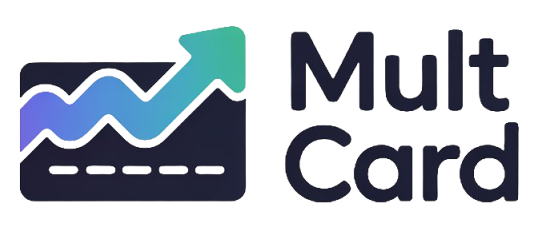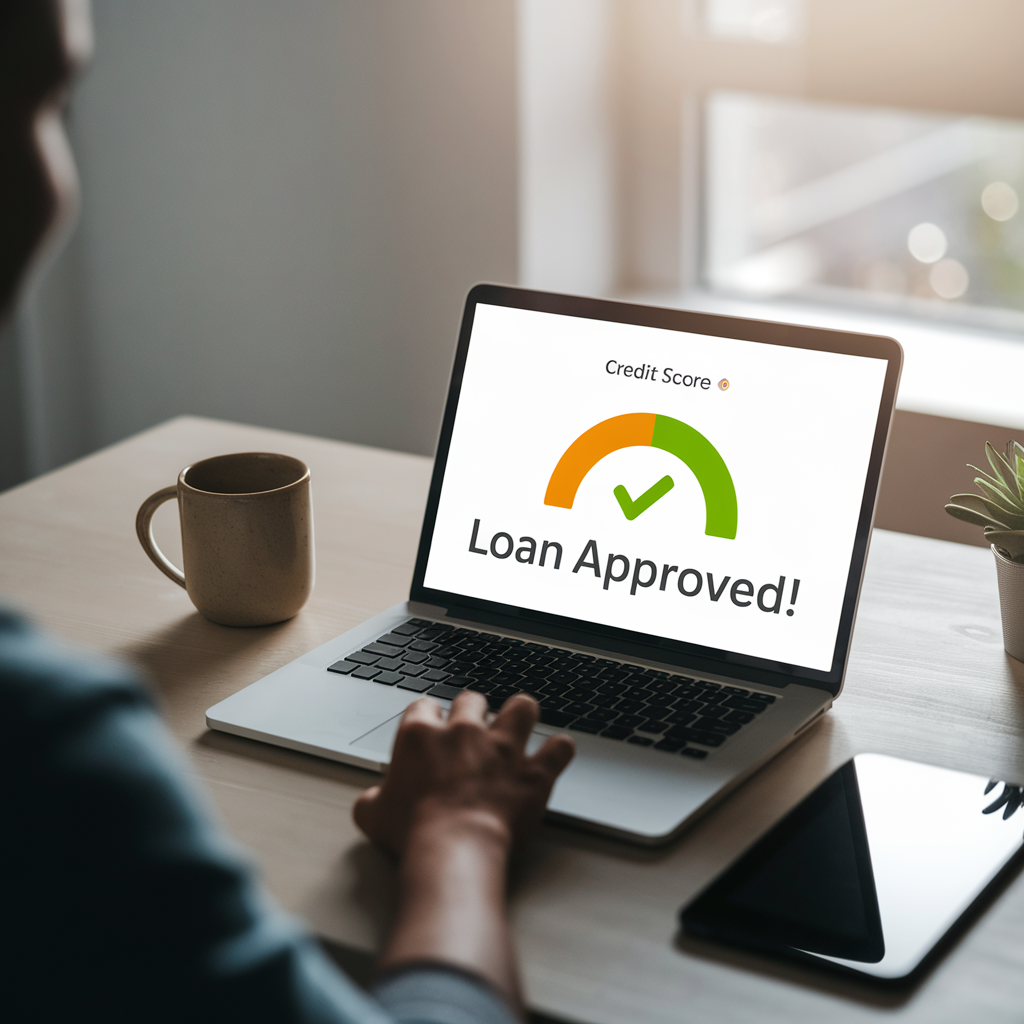When you hear the word “debt,” your mind likely jumps to negative thoughts: stress, burden, and financial strain. For years, we’ve been conditioned to see all debt as a liability, a hole to be climbed out of. But what if some forms of debt, when used intelligently, could actually be a ladder to a stronger financial future?
This is where the often-misunderstood personal loan comes into play. Far from being just a last resort, a strategic personal loan can be a powerful financial tool. It can help you organize, consolidate, invest, and ultimately build a more secure and prosperous financial life. This isn’t about borrowing for frivolous spending; it’s about making a calculated move to improve your overall position.
Understanding Personal Loans: A Quick Refresher
Before diving into the benefits, it’s essential to understand what a personal loan is and what makes it unique. Unlike a mortgage tied to a house or an auto loan tied to a car, most personal loans are “unsecured,” meaning they don’t require collateral. This makes them accessible for a wide variety of purposes.
They typically come with two defining features that make them financially attractive:
- Fixed Interest Rates: Unlike the fluctuating rates of a credit card, a personal loan’s interest rate is locked in for the life of the loan. You know exactly what you’ll pay from day one.
- Fixed Monthly Payments: You pay the same amount every month for a set period (the “term”), which usually ranges from one to seven years. This predictability makes budgeting incredibly straightforward.
With this structure, a personal loan provides a clear path out of debt with a definite end date, a stark contrast to the seemingly endless cycle of minimum credit card payments.
The Strategic Advantage: Key Ways Personal Loans Boost Your Finances
When managed responsibly, a personal loan is more than just borrowed money; it’s an opportunity to restructure your financial landscape. Here are the most impactful ways they can be used for your benefit.
1. Taming High-Interest Debt with Consolidation
This is perhaps the most powerful use of a personal loan. Many people juggle multiple credit card balances, each with its own double-digit interest rate. The interest alone can feel like a relentless tide, making it almost impossible to reduce the principal balance. This is where debt consolidation becomes a game-changer.
By taking out a single personal loan, you can pay off all those high-interest credit cards at once. You’re left with one single, manageable monthly payment, almost always at a significantly lower interest rate. This doesn’t just simplify your life; it can save you thousands of dollars in interest and shorten your repayment timeline by years.
Let’s look at a simple comparison:
| Scenario | Multiple Credit Cards | Personal Consolidation Loan |
|---|---|---|
| Total Debt | $15,000 (across 3 cards) | $15,000 |
| Average Interest Rate | 21% APR (Variable) | 9% APR (Fixed) |
| Monthly Payment | Multiple varying payments | One fixed payment (~$311 for 5 years) |
| Total Interest Paid | Could be over $9,000 (if paying minimums) | ~$3,690 over 5 years |
| Financial Outcome | Stressful, expensive, uncertain payoff date | Clear budget, significant savings, debt-free in 5 years |
The numbers speak for themselves. By swapping high, variable rates for a lower, fixed rate, you direct more of your payment toward the principal, accelerating your journey to being debt-free. You can learn more about the mechanics of how debt consolidation works to see if it’s the right fit for you.
2. Funding Value-Adding Home Improvements
Not all spending is created equal. Using a personal loan to fund a home renovation can be a smart investment that pays dividends. Strategic improvements, such as a kitchen remodel, bathroom upgrade, or energy-efficient window installation, can significantly increase your home’s market value.
While options like a home equity line of credit (HELOC) exist, a personal loan can be preferable for specific, medium-sized projects. It’s often faster to secure, doesn’t require putting your home up as collateral, and provides a lump sum of cash, which makes budgeting for contractors and materials much easier.
3. Covering Unexpected Emergencies Without Derailing Your Goals
Life is unpredictable. A sudden medical bill, an urgent car repair, or an emergency trip can create immense financial pressure. While an emergency fund is the first line of defense, sometimes the cost exceeds what you’ve saved.
In these situations, many people turn to credit cards. However, a personal loan offers a more structured and often cheaper alternative. It prevents you from draining your entire savings or racking up high-interest credit card debt that can be difficult to pay down later. It acts as a financial shock absorber, allowing you to handle the crisis with a predictable repayment plan that won’t cripple your long-term goals.
4. Investing in Yourself: Career and Education
One of the best investments you can ever make is in your own skills and earning potential. A personal loan can finance a professional certification, a coding bootcamp, or specialized training that qualifies you for a higher-paying job. This is a classic example of using “good debt” to generate a positive return on investment (ROI). If a $10,000 loan for a certification course leads to a $20,000 annual salary increase, the loan has more than paid for itself.
5. Building and Improving Your Credit Score
This may sound counterintuitive, but taking on a new loan can be a powerful way to build or repair your credit history. Your credit score is calculated using several factors, and a personal loan can positively influence some of the most important ones:
- Credit Mix (10% of your score): Lenders like to see that you can responsibly manage different types of credit. Adding an installment loan (like a personal loan) to your file, which may only contain revolving credit (credit cards), diversifies your profile and can give your score a boost. For a deeper dive, you can explore how your credit mix impacts your score.
- Payment History (35% of your score): By making consistent, on-time payments on your personal loan every month, you are building a positive payment history, which is the single most important factor in your credit score.
- Credit Utilization Ratio (30% of your score): If you use a personal loan to consolidate and pay off your credit cards, you instantly reduce your credit utilization (the amount of credit you’re using vs. your total limit). Paying off $10,000 in credit card debt drops your utilization to 0% on those cards, which can cause a significant and rapid increase in your credit score.
Are You a Good Candidate for a Personal Loan? A Self-Assessment
A personal loan is only a good tool if it’s the right fit for your situation. Before you start applying, it’s wise to evaluate your financial health and your intentions honestly.
Key Factors Lenders Consider
Lenders will look at your financial profile to determine your creditworthiness. Understanding what they see can help you prepare.
- Credit Score and History: A higher score (typically 670 or above) will qualify you for the best interest rates. A history of on-time payments is crucial.
- Debt-to-Income (DTI) Ratio: This is the percentage of your gross monthly income that goes toward paying your monthly debt obligations. Lenders prefer a DTI below 43%, and a ratio under 36% is even better. It is a key metric for understanding your ability to take on new debt, and it’s worth learning more about your personal debt-to-income ratio before you apply.
- Income Stability: Lenders need to see that you have a steady and reliable source of income to make your monthly payments.
Questions to Ask Yourself Before Applying
- What is the clear purpose of this loan? Is it for a strategic goal like consolidation or a value-adding investment, or is it for discretionary spending?
- Can I comfortably afford the monthly payment? Run the numbers in your budget. The new payment should not strain your finances or prevent you from saving.
- Have I shopped around for the best offer? Don’t just accept the first offer you receive. Compare rates and terms from multiple lenders to ensure you’re getting the best deal.
Navigating the Application Process: Tips for Success
Once you’ve decided a personal loan is the right move, a little preparation can make the application process smooth and successful.
Preparing Your Documentation
Most lenders will require similar documents to verify your identity and income. Having these ready will speed things up:
- Government-issued ID (Driver’s License, Passport)
- Proof of income (Pay stubs, W-2s, tax returns)
- Proof of address (Utility bill, lease agreement)
- Bank account information
Comparing Lenders and Offers
The interest rate is important, but it’s not the only factor. When comparing offers, look at the big picture:
- Annual Percentage Rate (APR): This is the true cost of the loan, as it includes the interest rate plus any fees. Always compare APRs.
- Origination Fees: Some lenders charge an upfront fee, usually 1% to 8% of the loan amount, which is deducted from your proceeds. Look for lenders with low or no origination fees.
- Loan Term: A longer term means lower monthly payments but more interest paid overall. A shorter term means higher payments but less interest. Choose what best fits your budget.
- Prepayment Penalties: Ensure the loan doesn’t penalize you for paying it off early.
Avoiding Common Pitfalls
Be a savvy borrower. Watch out for red flags that could indicate a predatory loan, such as guaranteed approval regardless of credit, pressure to act immediately, or unclear fee structures. Reputable lenders are transparent. The Federal Trade Commission provides valuable resources on identifying and avoiding these scams.
The Bottom Line: A Tool, Not a Crutch
A personal loan is a powerful financial instrument, but like any tool, its effectiveness depends on the user. It is not a solution for poor spending habits, nor is it free money. It is a strategic vehicle for restructuring debt, making smart investments, and building a stronger financial foundation.
By using a personal loan to consolidate high-interest debt, fund projects that increase your net worth, or invest in your earning potential, you are taking active control of your financial destiny. The key lies in responsible borrowing: ensuring you have a clear plan for the funds and the discipline to manage the repayment schedule.
Ultimately, transforming your finances is about making a series of smart, informed decisions. Understanding how personal loans can improve your finances is a crucial step in that journey, empowering you to use debt strategically as a building block for a more secure and prosperous future.






